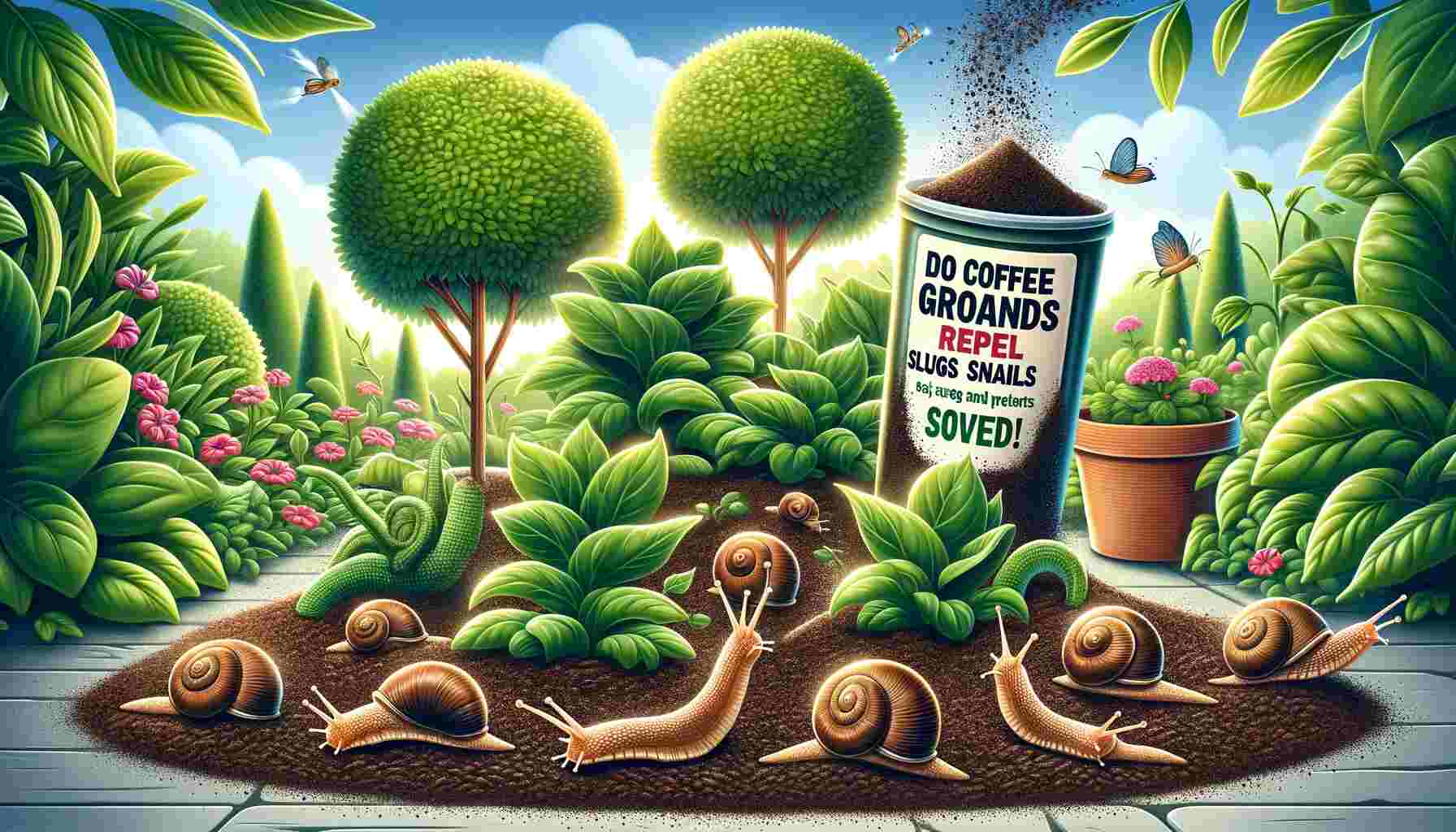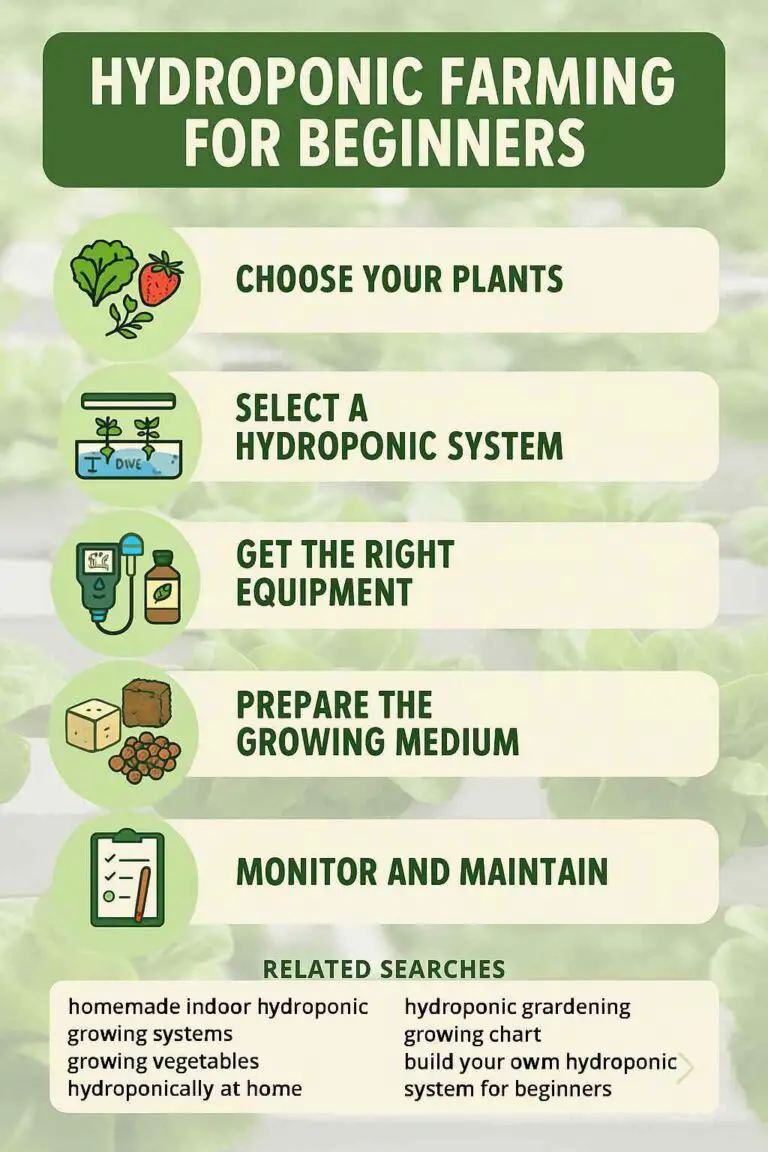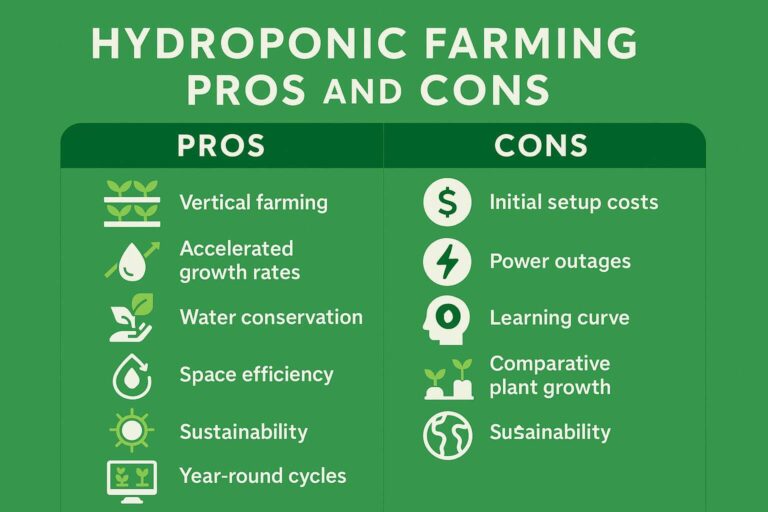Slugs and snails can be a gardener’s nightmare, leaving a trail of destruction as they munch their way through your beloved plants. Many gardeners are constantly on the lookout for natural and eco-friendly ways to deter these slimy pests. One popular method that has gained attention in recent years is the use of coffee grounds. But do coffee grounds really deter slugs and snails?
Yes, achieving effective slug and snail deterrence in your garden can be as simple as mixing brewed coffee with an equal amount of water. While coffee grounds have historically been advocated as an organic method to safeguard your flower and vegetable beds from these pests, recent research by the USDA has revealed that a caffeine solution proves more efficacious in repelling them.
In this comprehensive article, we’ll dive deep into this common gardening myth to separate fact from fiction.
The Coffee Grounds Slug Repellent Myth
The idea that coffee grounds can repel slugs and snails has been circulating in the gardening community for quite some time. The theory behind this myth is that caffeine, which is naturally present in coffee grounds, acts as a natural pesticide and deters these gastropods from approaching your plants. But is there any scientific basis for this belief?
The Science Behind Coffee Grounds
To understand whether coffee grounds have any repellent properties, we need to examine the science behind them. Coffee grounds are rich in nitrogen, a vital nutrient for plant growth. They also contain various compounds, including caffeine and tannic acid, which are believed to have insect-repelling properties.
Caffeine as a Repellent
Caffeine is known to affect the nervous system of insects, making it a potential candidate for repelling slugs and snails. Some studies have suggested that caffeine can indeed deter certain pests. However, the concentration of caffeine in coffee grounds is relatively low, and it may not be potent enough to effectively repel slugs and snails.
Tannic Acid and Other Compounds
Tannic acid, another compound found in coffee grounds, is known for its astringent properties. It’s possible that this acid could discourage slugs and snails from crawling across coffee-treated soil. However, once again, the concentration of tannic acid in coffee grounds may not be sufficient to provide reliable protection.
The Experiment: Coffee Grounds vs. Slugs and Snails
To put this theory to the test, several experiments have been conducted to determine whether coffee grounds can effectively repel slugs and snails. One such experiment involved setting up a controlled environment with potted plants, half of which were treated with coffee grounds, while the other half served as a control group.
The results of these experiments have been mixed. Some gardeners reported success in deterring slugs and snails with coffee grounds, while others saw no significant difference. Factors such as the type of coffee grounds used, the concentration applied, and the specific slug and snail species may all play a role in determining the effectiveness of coffee grounds as a repellent.
Coffee Grounds as a Barrier
One potential benefit of using coffee grounds in your garden is that they can create a physical barrier that slugs and snails may find challenging to crawl over. The coarse texture of coffee grounds can be uncomfortable for these creatures, causing them to look for an easier path to their intended destination.
However, it’s important to note that this barrier effect may not be foolproof, and determined slugs and snails may still find their way to your plants. Additionally, coffee grounds can break down over time, especially in wet conditions, reducing their effectiveness as a barrier.
Other Considerations
While the efficacy of coffee grounds as a slug and snail repellent remains a subject of debate, there are some other considerations to keep in mind:
Soil Enrichment
Coffee grounds can be a valuable addition to your garden soil. Their nitrogen content can improve soil fertility, benefiting your plants. Even if they don’t repel slugs and snails, coffee grounds can still contribute to the overall health of your garden.
Application and Maintenance
If you decide to use coffee grounds as a slug and snail deterrent, proper application and maintenance are essential. Ensure that you spread a consistent layer of coffee grounds around your plants, and be prepared to replenish them as they break down. Regularly inspect your garden for any signs of slug or snail damage.
Companion Planting
Companion planting involves strategically placing plants that can deter pests near those that are susceptible. While coffee grounds may not be the ultimate solution, combining them with other companion plants like garlic, mint, or marigolds can help create a more hostile environment for slugs and snails.
Conclusion
In the world of gardening, there are no one-size-fits-all solutions. The effectiveness of coffee grounds in repelling slugs and snails may vary from garden to garden. While some gardeners swear by their success, others remain skeptical.
If you’re intrigued by the idea of using coffee grounds as a slug and snail repellent, there’s no harm in giving it a try. However, it’s essential to approach it with realistic expectations and consider other pest control methods in conjunction with coffee grounds.
Ultimately, the question of whether coffee grounds repel slugs and snails is a complex one. The science behind it is inconclusive, and anecdotal evidence varies. So, as you sip your morning coffee and ponder the possibilities, remember that the best way to protect your garden is through a combination of methods, including good garden hygiene, natural predators, and, yes, maybe a sprinkle of coffee grounds.








